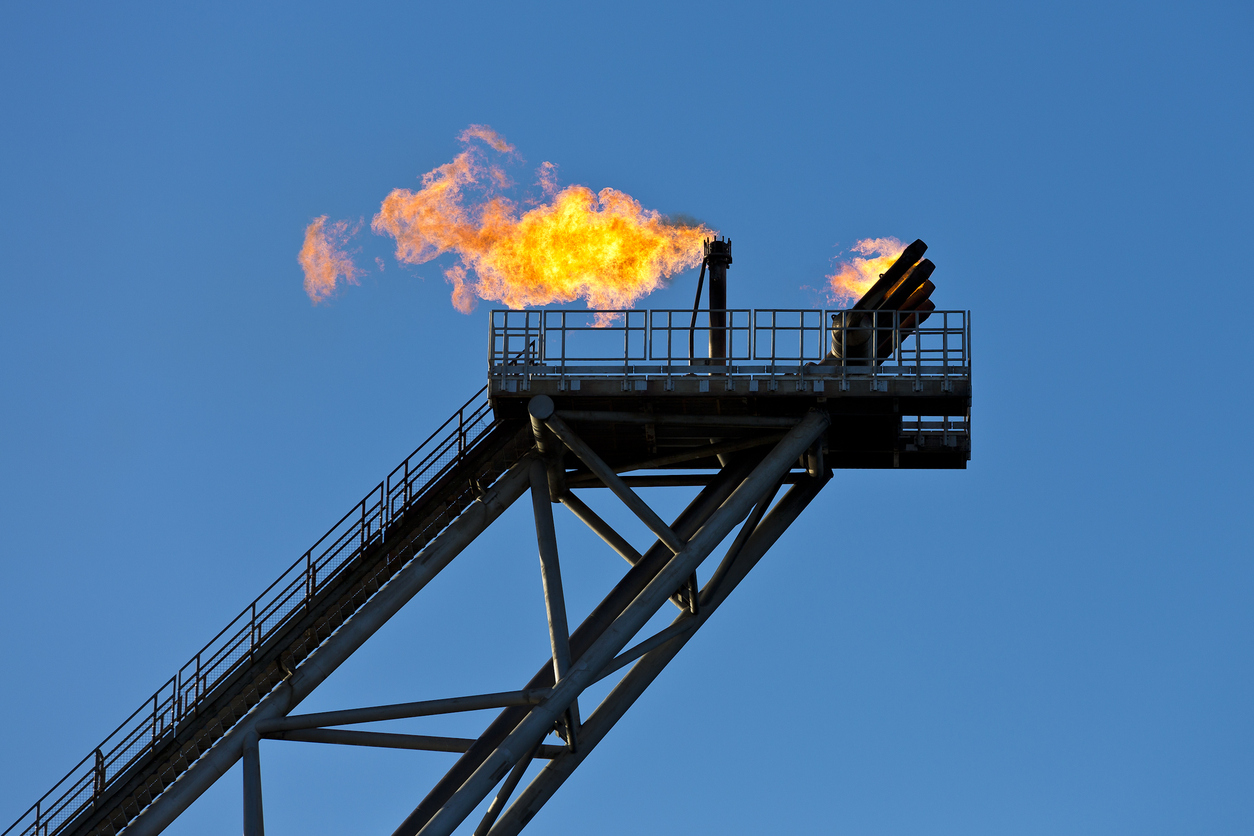The value of oil in the North Sea has been hotly debated in Scotland for decades and was a key part of the economic argument for Scottish independence in the run-up to the 2014 referendum.
As the EU’s largest oil producer, Scotland is sometimes compared to notable oil-producing countries outwith the continent.

A tweet from Jim Torrance, a former SNP Glasgow Councillor with a significant online following, was picked up by independence organisation All Under One Banner and posted on their Facebook page.
The claim was that Scotland produces more oil than Dubai and Abu Dhabi combined – two of the seven emirates that make up the United Arab Emirates (UAE).
Ferret Fact Service looked at this claim and found it to be Mostly False.
Evidence
The source of this claim is not immediately clear. It has featured on a number of pro-independence websites since 2010, including Bella Caledonia, Oil of Scotland and Referendum Answers.
The first online appearance of a similar claim seems to be in a letter to The Herald on 15 March 2009, saying: “How many people in Scotland know that over the past 30 years Scotland has produced more oil than Dubai and Abu Dhabi combined?”
This claim, while similar, refers to the 30 years before 2009, rather than the current production rate.
It is true that Scotland, as part of the UK, accounts for more than 60 per cent of EU oil production – as well as 60 per cent of its reserves – and approximately a third of the EU’s total hydrocarbon production.
if(“undefined”==typeof window.datawrapper)window.datawrapper={};window.datawrapper={},window.datawrapper.embedDeltas={“100″:776,”200″:703,”300″:647,”400″:647,”500″:647,”700″:647,”800″:647,”900″:647,”1000”:647},window.datawrapper.iframe=document.getElementById(“datawrapper-chart-XJJRM”),window.datawrapper.iframe.style.height=window.datawrapper.embedDeltas.iframe.offsetWidth/100),100))]+”px”,window.addEventListener(“message”,function(a){if(“undefined”!=typeof a.data)for(var b in a.data)if(“XJJRM”==b)window.datawrapper.iframe.style.height=a.data+”px”});
Norway produces more oil but is not an EU member, although it is part of the European Economic Area (EEA). The second biggest EU oil producer is Denmark.
Norway’s sovereign wealth fund was established in 1990 to invest the oil surplus in order to counter fluctuation in the price of oil. Its value reached $1.1 trillion in 2017 and is the world’s largest sovereign wealth fund.
Former First Minister Alex Salmond has argued that an independent Scotland should set-up a similar fund.
A 2018 report from the Institute for Public Policy Research (IPPR) think-tank estimated that had Westminster created a similar fund from the North Sea oil revenues in the 1980s, it would be worth over £500bn today.
The Scottish Government’s oil and gas production statistics include the amount of oil produced in Scotland, including adjacent waters, in million tonnes of oil equivalent (mtoe).
Looking at the production of crude oil and natural gas liquids (NGL), 2016 statistics show that 49.5 mtoe was produced in 2016 – the latest available figure. The first figure to be recorded was 132.4 mtoe in 1998, and peak production in the 18-year scope was 136.9 mtoe in 1999.
if(“undefined”==typeof window.datawrapper)window.datawrapper={};window.datawrapper={},window.datawrapper.embedDeltas={“100″:547,”200″:442,”300″:416,”400″:400,”500″:400,”700″:400,”800″:400,”900″:400,”1000”:400},window.datawrapper.iframe=document.getElementById(“datawrapper-chart-Ue1Zo”),window.datawrapper.iframe.style.height=window.datawrapper.embedDeltas.iframe.offsetWidth/100),100))]+”px”,window.addEventListener(“message”,function(a){if(“undefined”!=typeof a.data)for(var b in a.data)if(“Ue1Zo”==b)window.datawrapper.iframe.style.height=a.data+”px”});
Oil production then began broadly to decline year-on-year, though the last two years have seen increases.
Data for Abu Dhabi and Dubai is harder to come by, as the two states form part of the United Arab Emirates (UAE), which releases oil production statistics overall but not split by emirate.
So it is not possible to exactly compare Scotland to Abu Dhabi and Dubai combined.
The Organisation for Economic Co-operation and Development (OECD) library gives oil production figures for the UAE.
This shows that in 2003, UAE oil production began to outstrip Scotland’s and has broadly increased while production in Scotland has declined. The latest 2016 figures show 156.4 mtoe was produced.
According to the UAE U.S. Embassy, the UAE’s “proven oil reserves were 97.8 billion barrels as of 2015. Abu Dhabi holds 92.2 billion barrels, followed by Dubai with 4 billion barrels, Sharjah with 1.5 billion barrels and Ras al Khaimah with 500 million barrels”.
It is clear that Abu Dhabi has by far the most oil reserves, and 23 times more than Dubai. We can safely assume that as Abu Dhabi holds the lion’s share of the UAE’s oil reserves, it is also likely to be the UAE’s primary oil producer.
However, it is important to note that a country’s oil reserves does not necessarily reflect its rate of oil production.
According to market expert, The Oil and Gas Year, Abu Dhabi currently exports 885 million barrels with a production of around 153 mtoe. This alone far outstrips Scotland.
Ferret Fact Service verdict: Mostly False
Scotland is the largest producer of oil in the European Union, while Denmark is the second highest as Norway is not a member. Comparing Abu Dhabi and Dubai’s oil with Scotland is difficult as official statistics show only the overall production of the United Arab Emirates, and not individual states. However, OECD data shows that the production in the UAE has far exceeded Scotland’s over the past decade, and reliable estimates show that Abu Dhabi is the major UAE producer, and produces far more oil.















